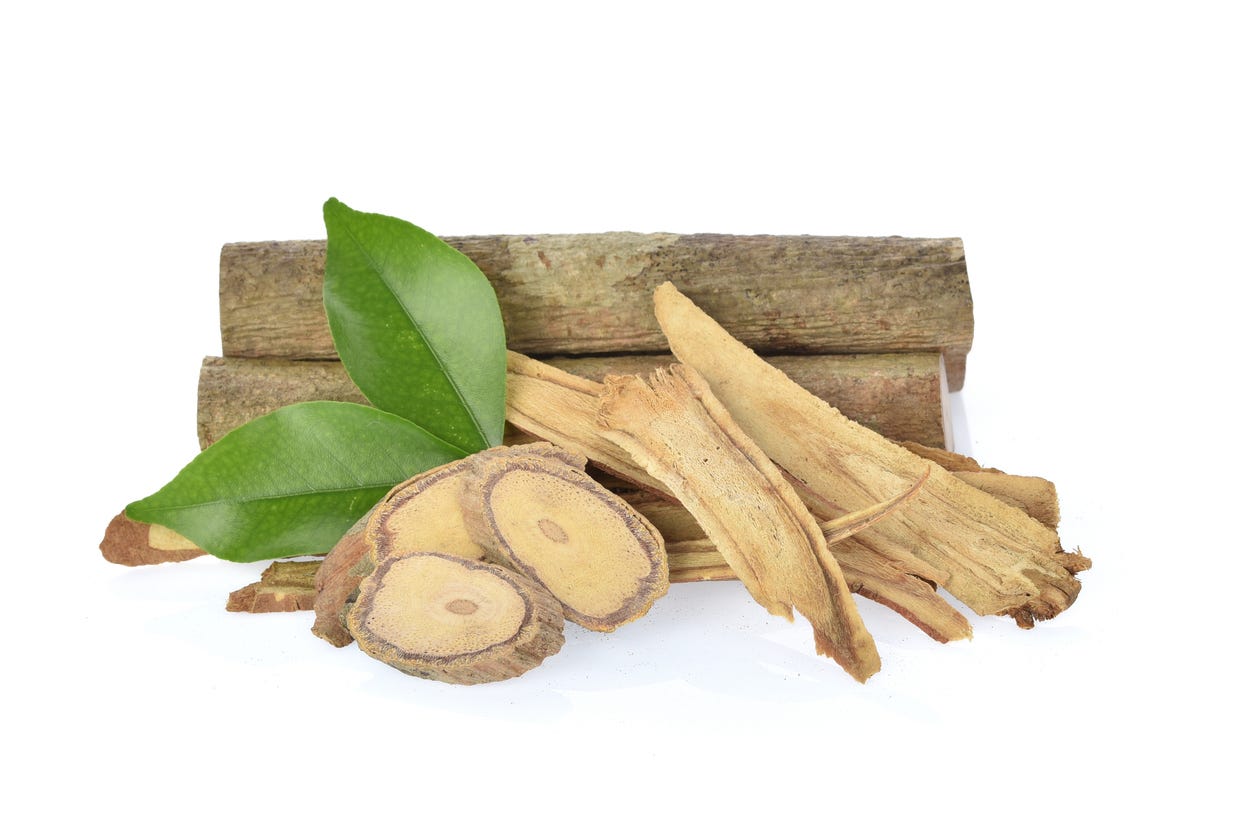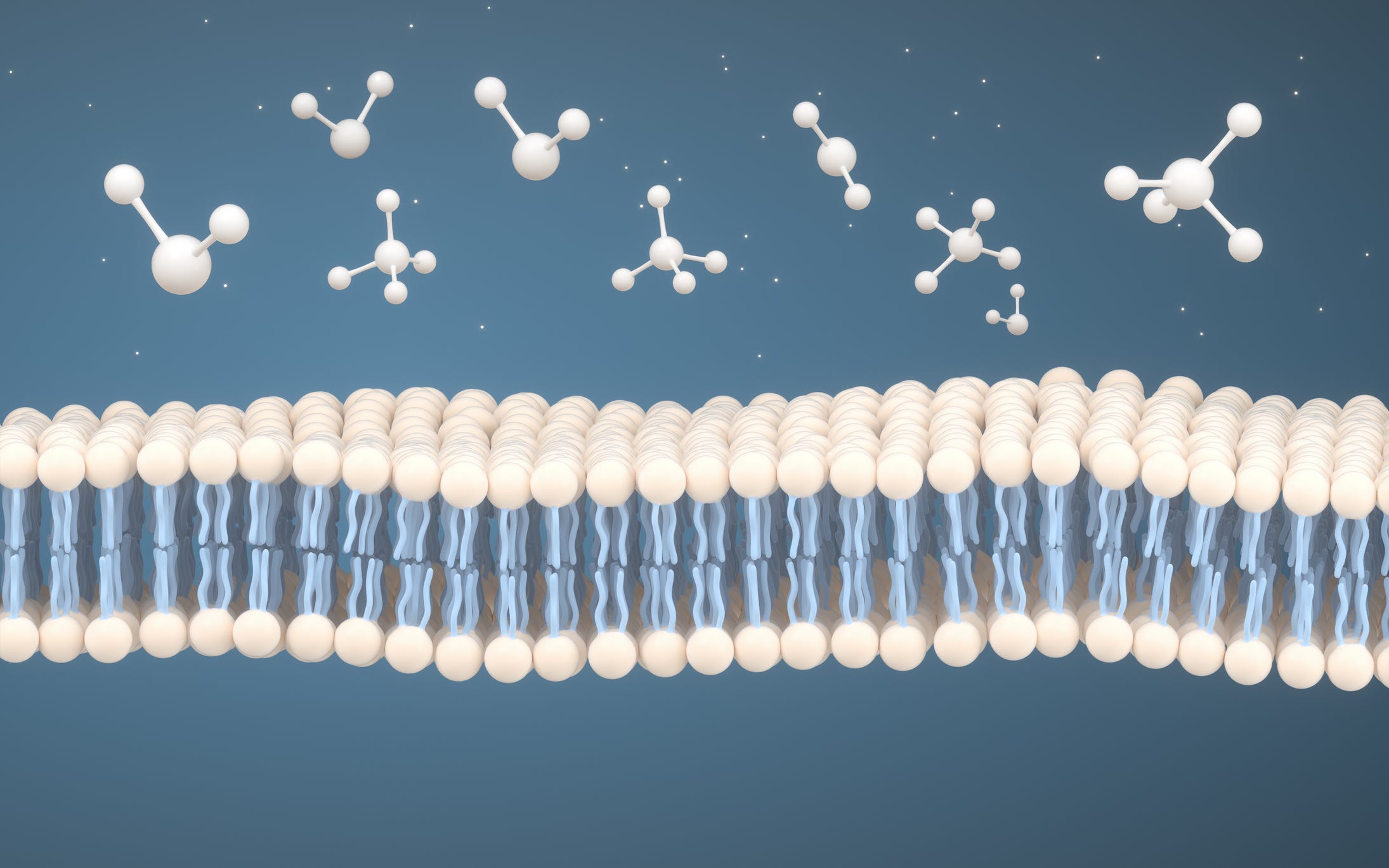
The Metabolic Magic of Green Tea’s Constituents: A Deep Dive into L-Theanine
Beyond the immediate health concerns of metabolic disturbances, there are ripple effects that permeate other aspects of well-being. Elevated stress not only affects our mood and mental state, but its chronic presence can accelerate aging, induce cognitive decline, and undermine metabolic processes, including sleep. In this multifaceted health crisis, is there a natural panacea that can address both metabolic and stress-related challenges? Enter green tea (Camellia sinensis), whose rich constituents, not only offer potent antioxidant protection but also foster a calm mood and focused mind.
Green Tea: Japan’s Time-Honored Elixir of Health
Metabolic health challenges, spanning from insulin resistance to the broader contours of metabolic syndrome, are increasingly prevalent in global health landscapes. The compounding factor of chronic stress, with its concomitant cortisol elevation, intensifies these metabolic complexities. Among potential therapeutic agents, the amino acid L-Theanine, found predominantly in Camellia sinensis or green tea, has emerged as an intriguing candidate. Deep-rooted in Japanese culture, this ancient ceremonial plant, and its abundant phytochemicals, has emerged as a symbol of wellness, longevity, and mental clarity. This review seeks to elucidate the multifaceted benefits of L-Theanine, beyond cognitive support but within the broader metabolic and stress-reducing frameworks.
L-Theanine: The Crown Jewel of Green Tea
The health-promoting properties of L-theanine were first unearthed from the green tea leaves by dedicated Japanese scientists back in 1949.1 Not just any compound, L-theanine is a unique non-protein amino acid, closely related in structure to L-glutamic acid. This similarity provides clues into its potential action mechanism, mediated possibly through glutamate receptors, particularly its effect on the N-methyl-D-aspartate (NMDA) receptor - a critical player in memory formation in our brains.2
Recognizing its benefits, in 1964 the Japanese Ministry of Health and Welfare approved L-theanine as a functional food and food additive, only excluding its use in infant foods.1 Since then, L-theanine’s popularity burgeoned from Japan to Europe, eventually finding its niche in the United States as a sought-after dietary supplement. In 2000, Suntheanine® was introduced in the U.S. for use in dietary supplements, produced via a specific enzymatic fermentation process that ensures the purity of its L-enantiomeric composition.2 This clinically tested form of L-theanine is standardized to be 10 times more potent than what is naturally obtained from green tea leaves and other L-theanine dietary supplements, delivery optimal support for bolstering mind and mood.
Bridging Ancient Traditions with Modern Science
Modern investigations into L-theanine paint a compelling picture. Research indicates its ability to modulate monoamine levels in the central nervous system.2,3 Furthermore, its influence extends to the modulation of neurotransmissions, particularly affecting the pathways of glutamate and glycine. These complex interactions culminate in tangible benefits: sharper synaptic plasticity, bolstered neuronal communication, and enhanced learning and task recognition capabilities.3
For those ensnared in the clutches of chronic stress, L-theanine emerges as a beacon of hope. Its potential to elevate the expression of brain-derived neurotrophic factor (BDNF) in the hippocampus is groundbreaking. BDNF plays a pivotal role in nerve cell survival and is indispensable for supporting brain functions like learning and memory.2
Modern Research Meets Ancient Wisdom
But the story doesn't end there. The real magic began to unfold when modern science began to delve deeper into understanding this herbal constituent. At the core of L-Theanine’s action lies its nuanced interactio with the central nervous system. It has been postulated to modulate monoamine levels, with subsequent effects on neurotransmissions, especially those involving glutamate and glycine.3 This molecular ballet has tangible cognitive outcomes, notably enhancing synaptic plasticity and fortifying neuronal communication pathways. Such enhancements potentially bolster learning and task recognition processes, forming a compelling narrative for L-theanine’ neuroprotective and cognitive-enhancing roles.
Most excitingly, for those grappling with stress, L-theanine emerges as a beacon of hope. Its mood-enhancing and stress-reducing effects are potentially linked to the increased expression of brain-derived neurotrophic factor (BDNF) in the hippocampus – a protein that champions the survival of nerve cells and is quintessential for vital brain functions like learning and memory.2
Interplay Between L-Theanine, Cortisol, and Metabolic Health
L-Theanine’s influence on metabolic health can be perceived as indirect, but profound. Chronic stress, a pervasive contemporary ailment, leads to elevated cortisol levels, which are implicated in metabolic imbalances.4 L-Theanine, with its stress-mitigating attributes, may indirectly modulate cortisol responses offering a protective mechanism against such imbalances.
Further underpinning the metabolic discourse is green tea’s broader biochemical arsenal. Notably, the synergy between its catechins and caffeine has been empirically linked to enhanced metabolic rate and fat oxidation, lending credence to green tea’s comprehensive metabolic benefits.4
Green Tea’s Broad Spectrum Metabolic Benefits
L-Theanine, while central, is but one of green tea’ beneficial constituents. Catechins, especially epigallocatechin gallate (EGCG), are of considerable interest to the metabolic research community. EGCG’s demonstrated capabilities in promoting fat oxidation and fostering improved insulin sensitivity make it a molecule of significant therapeutic interest.4 Research indicates that EGCG can inhibit the enzyme known as 11 β-HSD1, which converts inactive cortisone to active cortisol.5 Additionally, the inherent caffeine in green tea, through its metabolic rate augmentation, may further accentuate calorie burn and metabolic optimization.4
L-Theanine and Metabolic Health
Metabolic syndrome is one of the fastest growing diseases worldwide. An overproduction in cortisol is associated with high blood pressure, an increase in abdominal fat, and insulin resistance.5 When integrating the provided information, it's crucial to highlight that L-theanine, apart from its neurological benefits, indirectly supports metabolic health. By potentially reducing stress and related cortisol spikes, it could aid in maintaining a balanced metabolic state.5
In conclusion, while our society continues its rapid pace, it's comforting to know that solutions to contemporary health problems can sometimes be found in ancient traditions. As more research unravels the mysteries of green tea and L-theanine, it becomes clear that sometimes, the most effective remedies have been with us for millennia.
Conclusions, Implications, and Future Directions
As healthcare professionals grapple with the multifaceted challenges of metabolic health and stress-induced pathologies, integrative therapeutic strategies become indispensable. L-Theanine, nestled within the traditional confines of green tea, emerges as a potent candidate. Its’ dual abilities in neuromodulation and potential metabolic health benefits make it worthy of continued clinical investigation.
Amid the frenzied pace of contemporary life, it's heartening to discover that solutions to our pressing health challenges may reside in time-honored traditions. With each unraveling research study, the profound health benefits of green tea and L-theanine become more apparent confirming its place as an honored herbal ally.
References
- Rao, TP, and Juneja LR. Suntheanine™ A pure and safe L-theanine dietary supplement for relaxation and stress relief. Nutraceuticals. January/February, 2007, pp. 26-30. Available at: https://www.researchgate.net/publication/281757321_Suntheanine_A_pure_and_safe_L-theanine_dietary_supplement_for_relaxation_and_stress_relief.
- Pradeep JN, Lu K, Gray MA, et. al. The Neuropharmacology of L-Theanine (N-Ethyl-L-Glutamine). Journal of Herbal Pharmacotherapy. 2006, 6(2):21-30. Available at: https://www.researchgate.net/publication/269459216_The_Neuropharmacology_of_L-TheanineN-Ethyl-L-Glutamine
- Hidese S, Ogawa S, Ota M, et. al. Effects of L-Theanine administration on stress-related symptoms and cognitive functions in healthy adults: a Randomized Controlled Trial. Nutrients 2019, 11, 2362. Available at: https://pubmed.ncbi.nlm.nih.gov/31623400/
- Hursel R, Viechtbauer W, and Westerterp-Plantenga MS. The effects of green tea on weight loss and weight maintenance: a meta-analysis. International journal of Obesity. 2009, 33, 956-961. https://pubmed.ncbi.nlm.nih.gov/19597519/
- Hintzpeter J, Stapelfeld C, Loerz C, et. al. Green tea and one of its constituents, Epigallocatechine-3-gallate, are potent inhibitors of human 11 β-hydroxysteroid Dehydrogenase Type 1 (11 β-HSD1). PLOS ONE. 2014, 9(1): e84468. doi:10.1371/journal.pone.0084468
Jenny Perez is an herbal educator, researcher, and writer who has been immersed in the field of nutrition and botanical medicine for more than 20 years. Jenny has created curriculum, content, and educational materials for Quantum Nutrition Labs, Premier Research Labs, the American Botanical Council, and Bastyr University’s Botanical Medicine Department where she was Adjunct Faculty, Herb Garden Manager, and Director of the Holistic Landscape Design certificate program.









